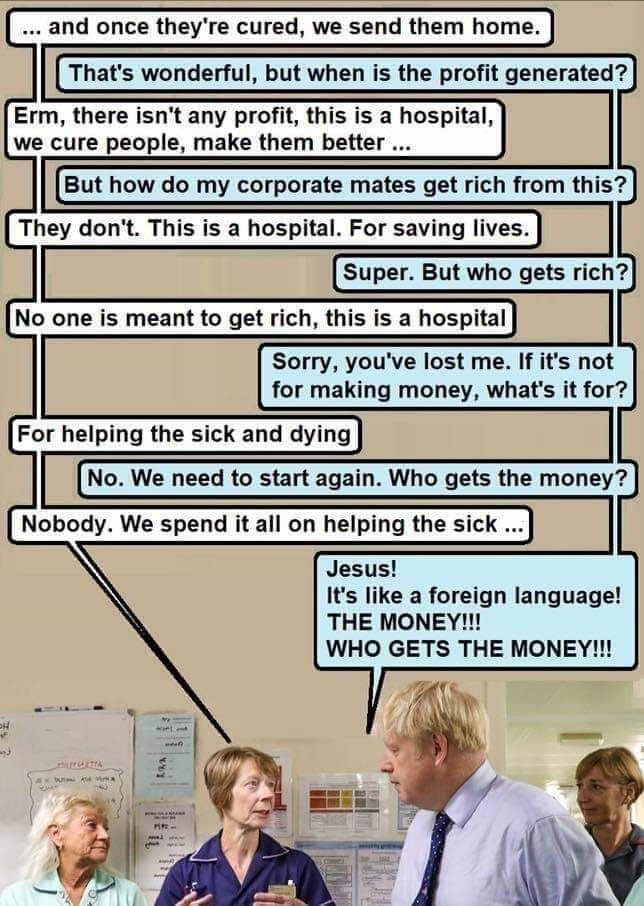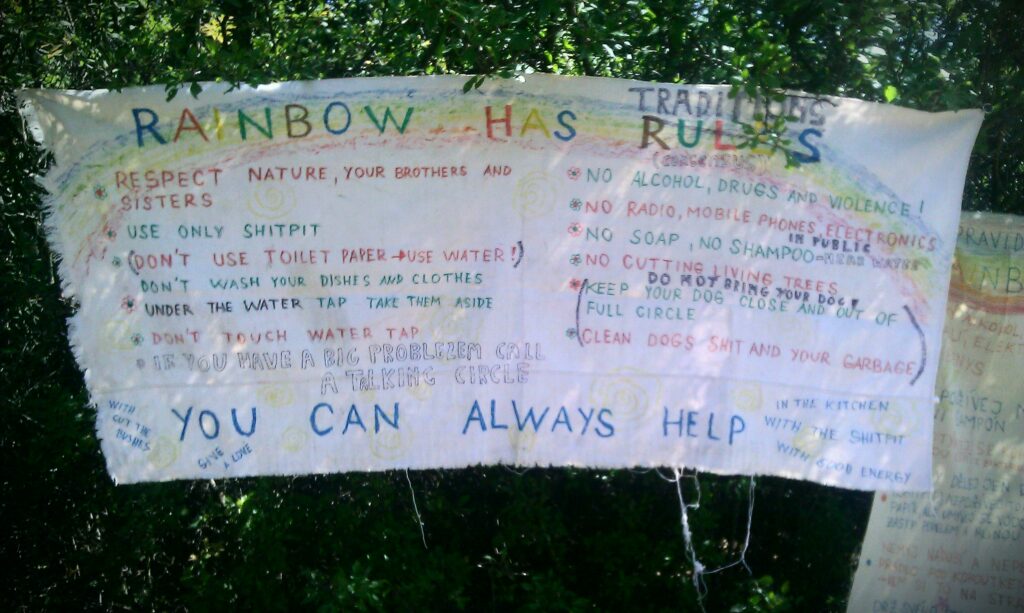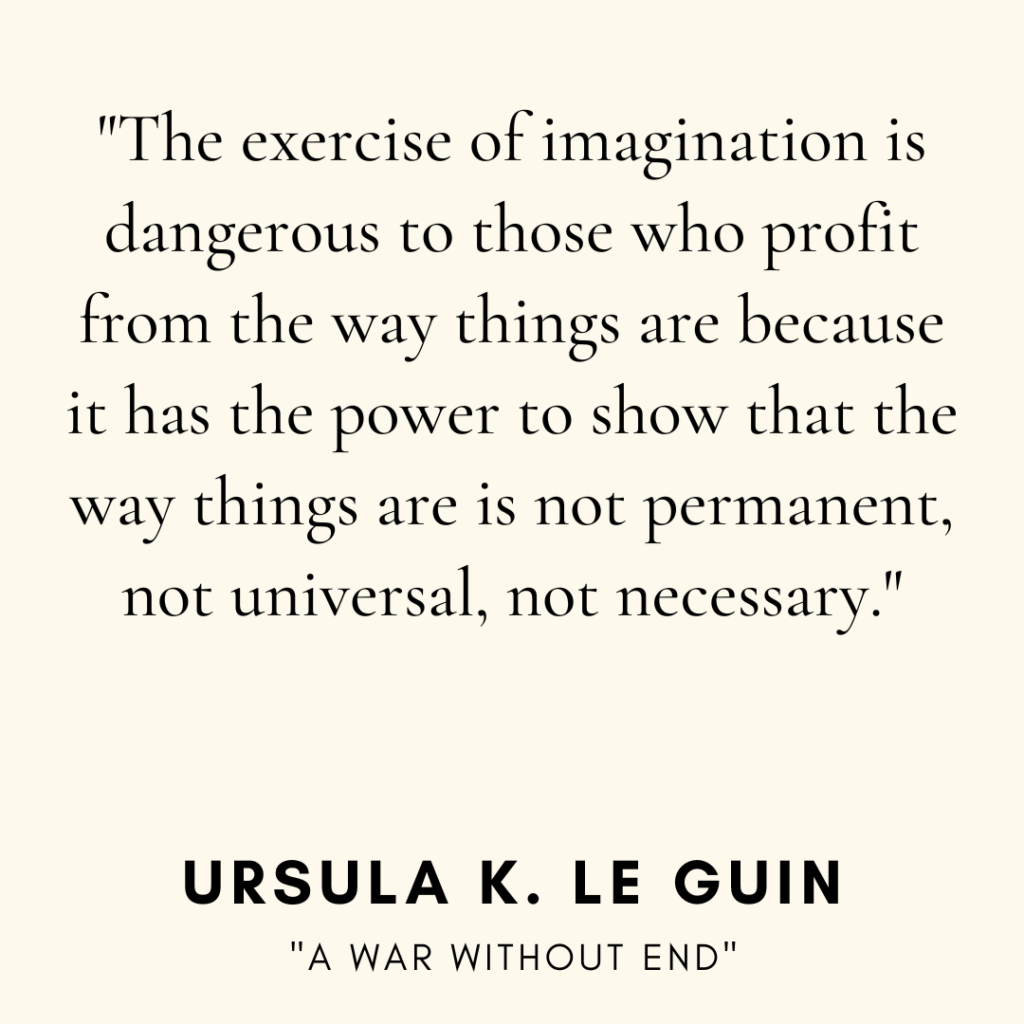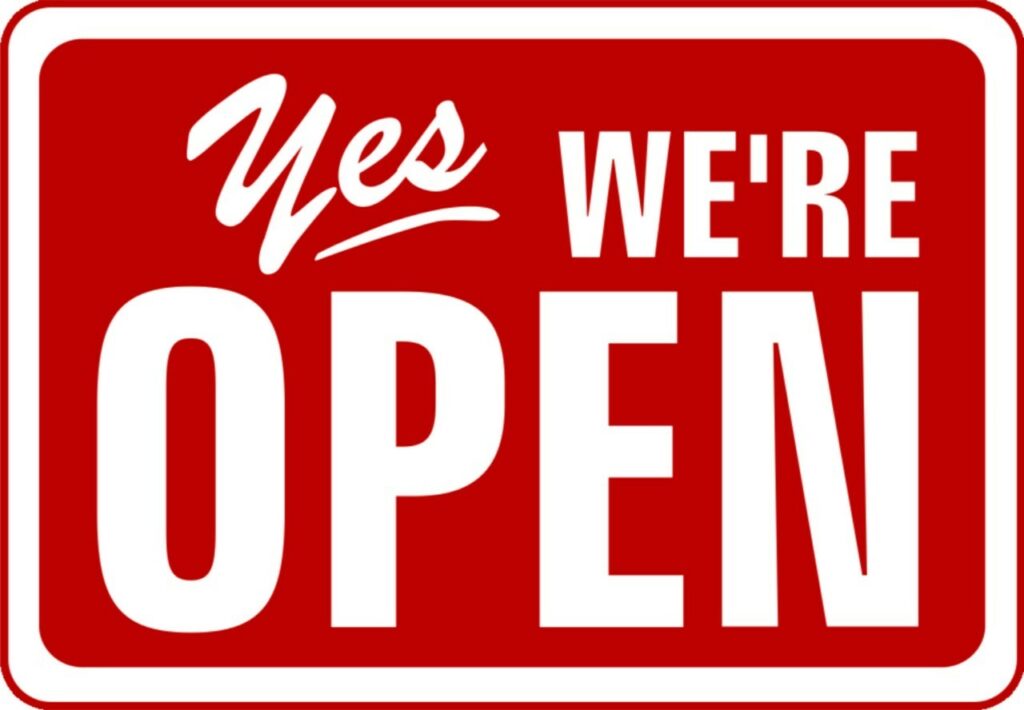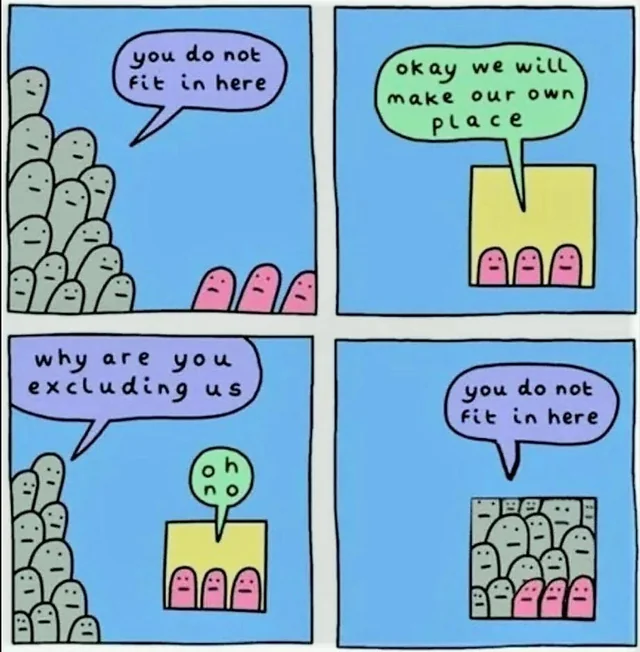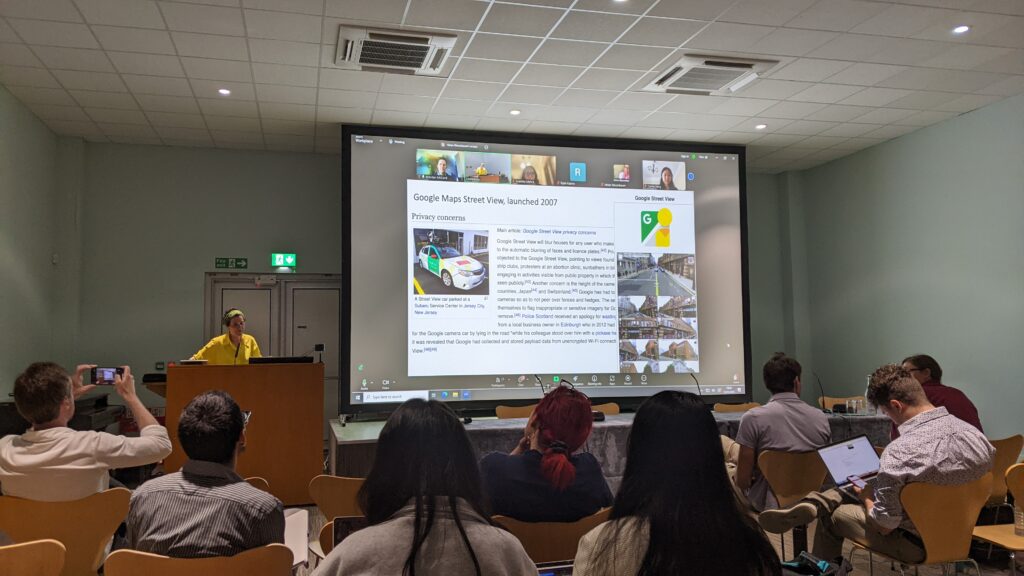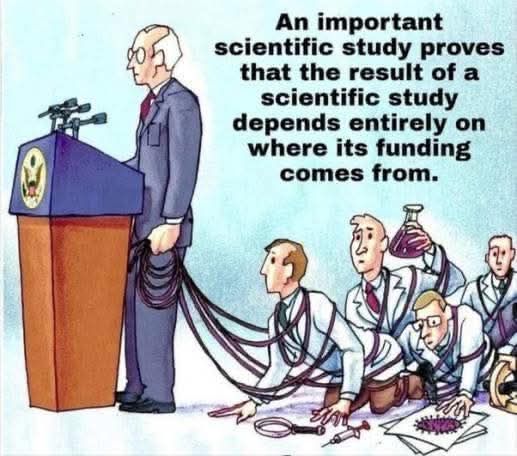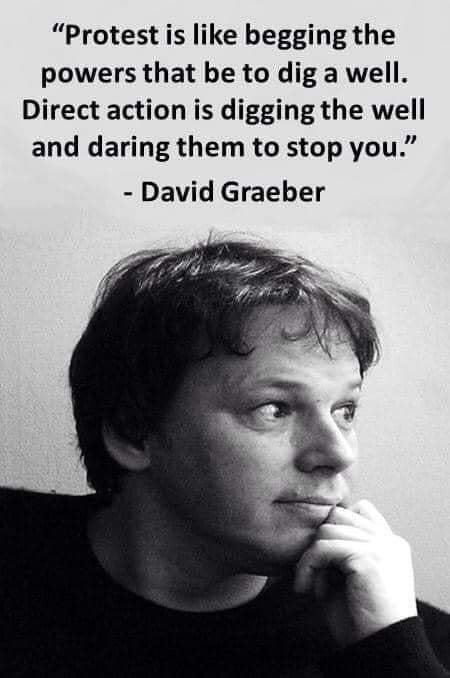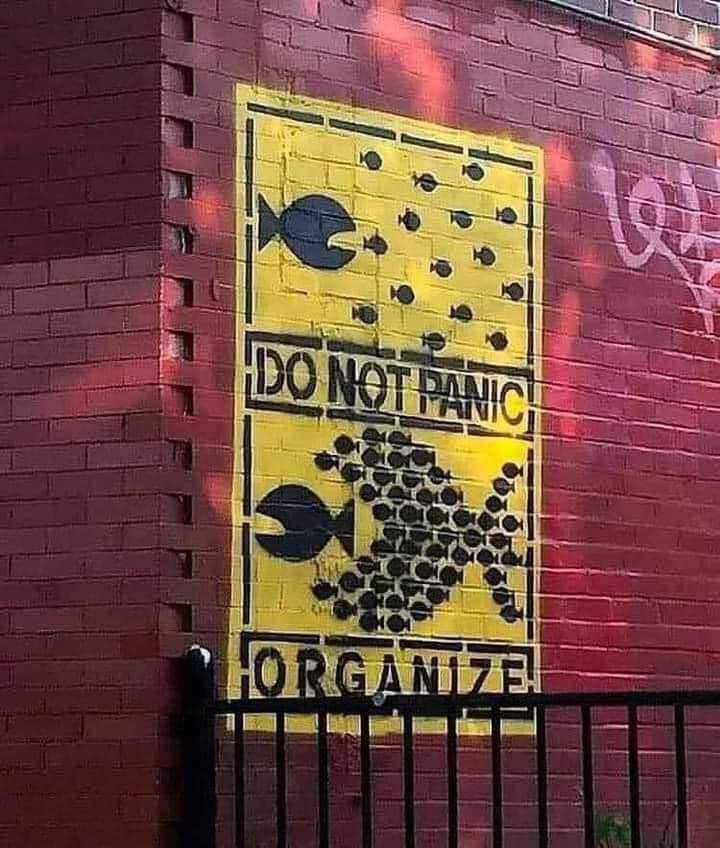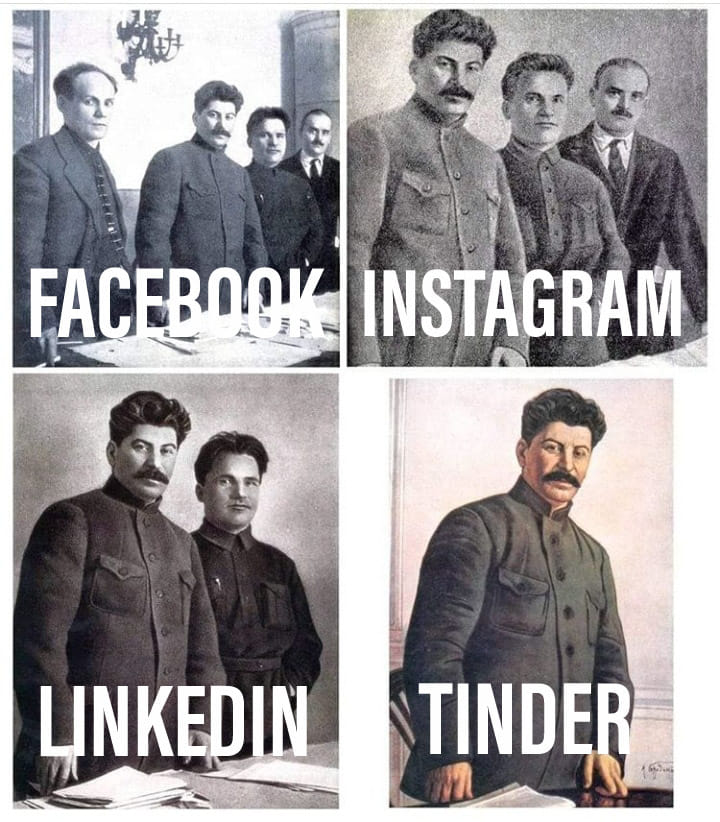The #OMN (Open Media Network) is a radical rebooting of what a working grassroot “news” network can be. It’s not another tech platform chasing the latest hype cycle or VC buzzword. It’s grounded in 30+ years of real-world, on-the-ground activist experience, built explicitly on the #4opens
One of the advantages of this path is that we’ve been here before, and we’ve watched it fail, repeatedly. I’ve personally seen projects just like this fail 10–15 times over the last two decades. Brilliant ideas, sometimes beautiful tech, all eventually collapse under the weight of poor social foundations, bad governance, and chasing #geekproblem dreams and #fashionista paths that have nothing to do with real people’s needs. That’s why, from this experience, we’re not doing this as another #techshit project.
We’re not building toys just for geeks, nor another doomed tool for #NGO grant cycles. We’re building a living media network, grounded in the organic, messy, grassroots communities that made independent media, with projects like indymedia and undercurrents, powerful in the first place, It’s where the value is, let’s use this opening to not just walk the same broken paths again.
One thing we don’t need is more #techshit to compost, we’ve got a whole graveyard of it already. Scuttlebutt, Diaspora, SecureDrop, and dozens of others, all had pieces of the puzzle, but lacked cohesive, social-embedded foundations. We don’t want to add to this pile, instead, let’s focus on building something that lasts because it is:
Rooted in existing communities paths
Built for human needs, not dev ego
Simple where it matters (#KISS)
Modular, federated, and easy to adoptThis isn’t about building – The Next Big Thing™, it’s about building something, working, local, resilient, and useful, something people can use and adapt without waiting for permission from gatekeepers or corporations.
Finally, make the most of my attention, I’ll be blunt, you don’t have my attention for long. I’ve seen too much, and I’m tired of false starts. So if we’re going to do this, let’s get real, move fast, and avoid ego traps. Make your work count, keep it grounded, build bridges, not silos. The #OMN is already moving, join in, you can fork it latter and go your own way. But whatever you do, let’s not waste another decade repeating the same tired mistakes. We don’t have that kind of time any more.
And PS. please try not to be a prat.
